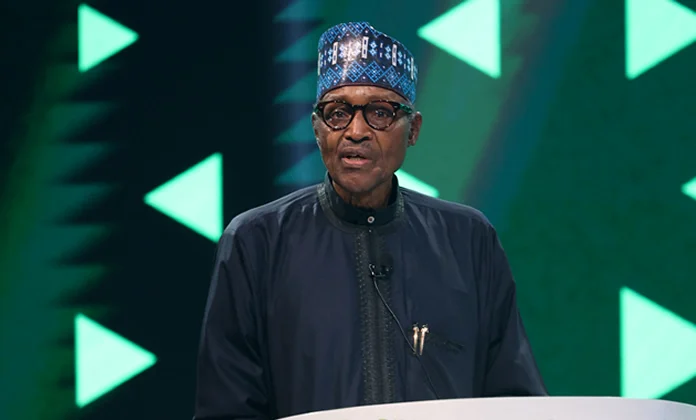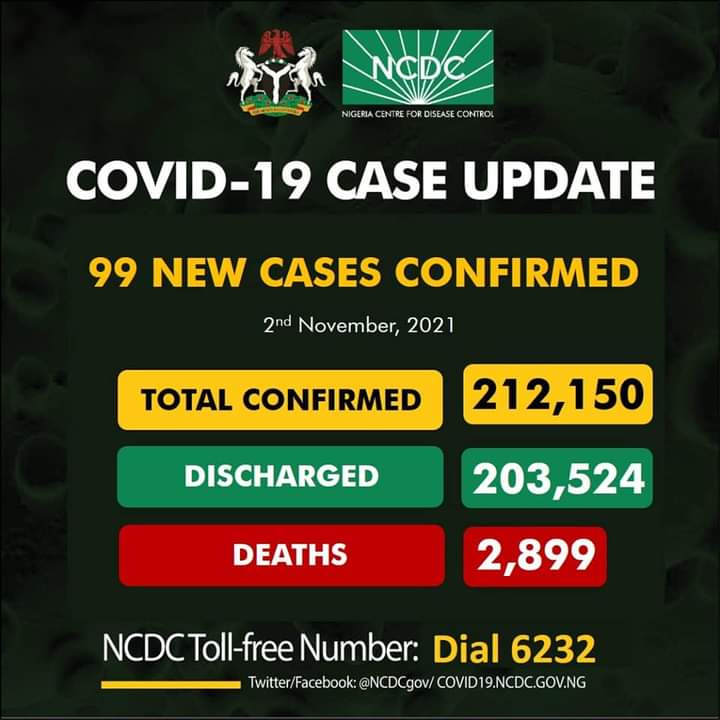President Muhammadu Buhari has described Nigerian youths as the “country’s most strategic asset.”
Gatekeepers News reports that President Muhammadu Buhari has described Nigerian youths as the “country’s most strategic asset” acknowledging that young Nigerians often feel frustrated by the inability of the nation’s institutions to keep pace with their drive, aspirations and their dynamism.
Buhari noted that he had established youth development-focused initiatives while scaling up existing ones, such as the recently approved increase of N-Power beneficiaries from 500,000 to one million.
He stated this while declaring open a three-day national youth conference on Monday, in Abuja, FCT.
Buhari was represented by Vice-President Yemi Osinbajo.
Buhari said, “We recognise that our young people are this country’s most strategic asset. Investing in them is investing in the economic strength and development of our nation.
“This is why I recently approved the investing in Digital and Creative Enterprises (iDICE) programme, an over 600 million dollars programme supported by the AfDB which will support young tech and creative sector entrepreneurs through the provision of finance, skills development and infrastructure.
“While differences of opinion in respect of official policies are normal in liberal democracies such as ours, but out of respect for the rights and sensitivities of others, disagreement must be tempered and channelled through legally and socially acceptable means.
“Most importantly, we must keep our faith in our country and remain optimistic that it will serve as the locus for fulfilling our aspirations.
“Building a nation is an intergenerational endeavour; I think this is a particularly important point; governments can be changed in electoral cycles, but the destiny of a nation is shaped across generations.
“This country is ours — above and beyond partisan squabbles, disagreements and everything else — the future will be what we make of it.
“By signing into law of the ‘Not too Young to Run’ bill almost three years ago opened the door for youth inclusion in our political process and by extension, in governance.”







